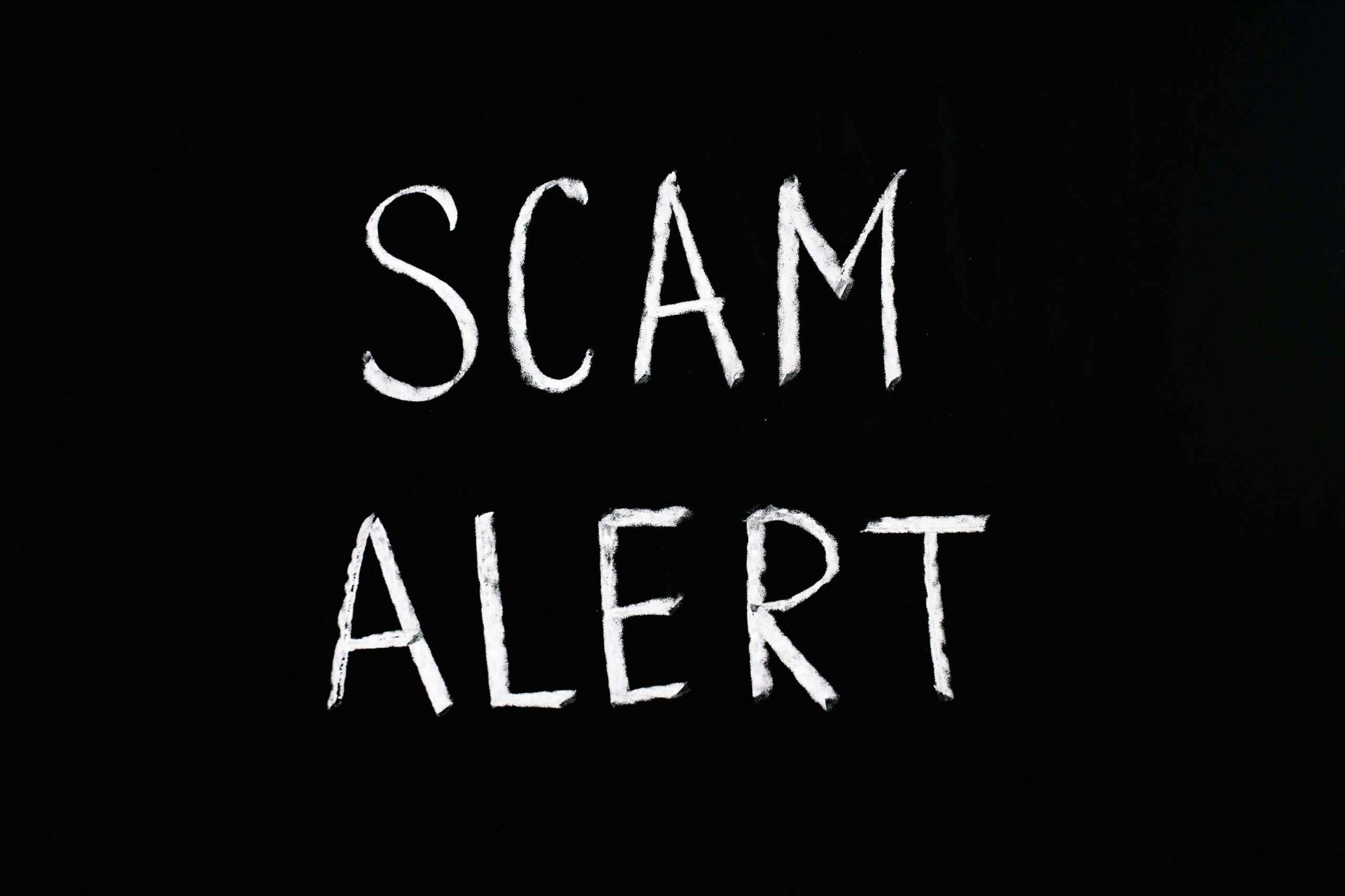
If you hold a patent, trademark, or copyright on a product you designed, invented, or that is a creative expression in tangible form, and someone is selling knockoffs, you are likely feeling many different emotions. The person may be siphoning your profits, confusing your loyal customers, and potentially besmirching your brand if the copycat product is of substandard quality.
The first thing you should do after you develop a unique product is protect it. An intellectual property (IP) lawyer can help you register for protection with appropriate affidavits to the U.S. Patent and Trademark Office for inventions and unique marks and designs that consumers identify as your products, or with the U.S. Copyright Office for artistic works you have created, such as a novel. Once you discover someone is selling counterfeit versions of your product, The Lomnitzer Law Firm has the necessary tools to stop this practice.
President Harry Truman signed the Lanham Act into law in 1946 to standardize how trademark infringement was being handled by individual states, which was leaving competitors to copy trademarks and sell counterfeit goods with reckless abandon and few consequences. The Lanham Act makes it a federal crime to produce and sell counterfeit goods that bear the logo or brand name of a registered trademark, thus confusing consumers. It also addresses false advertising, when a competitor misleads consumers by telling them a counterfeit product is the real thing. If you are being harmed by a competitor’s lies about your product, you can bring a lawsuit against them, although the consumer cannot.
A counterfeit products attorney will help you determine if your rights have been violated. If they have, then a formal complaint can be filed in federal court, which will include the pleadings and other legal documents, such as proof that you own the trademark, patent, or copyright on your product.
Generally, your attorney will start the process by sending the infringer a cease-and-desist letter. This puts the person on notice that you are aware they have been selling counterfeit versions of your product and you are prepared to sue if they continue to infringe. These letters generally work the majority of the time.
In cases of widespread trafficking in counterfeit products, those found guilty can face fines and imprisonment. Civil penalties for harming your business, eating into your profits, and confusing customers can include actual damages, which is the money you lost because of counterfeiting. Special damages can also be awarded under the Lanham Act. These include statutory damages of at least $500 for each counterfeit product sold, treble damages in some cases, which are up to three times actual damages, attorney’s fees, and injunctive relief, which is a court order to immediately stop manufacturing and selling counterfeit versions of your product.
Online sales have increased dramatically over the past two decades, and many retailers are aware that counterfeit products can show up on their platforms. For example, Amazon deploys a Counterfeit Crimes Unit (CCU) that takes advantage of state-of-the-art technology in conjunction with law enforcement to identify counterfeiters. You can also register your products on Amazon’s Brand Registry to help identify counterfeiters on the site.
Although competition is normal and healthy, sometimes competitors take shortcuts and copy your unique work. Do not let this happen to you. The Lomnitzer Law Firm can register your trademark, patent, or copyright so you can sue an infringer if they do not respond to a cease-and-desist letter. Our attorneys are available to evaluate your case and provide the proper guidance to stop a counterfeiter.